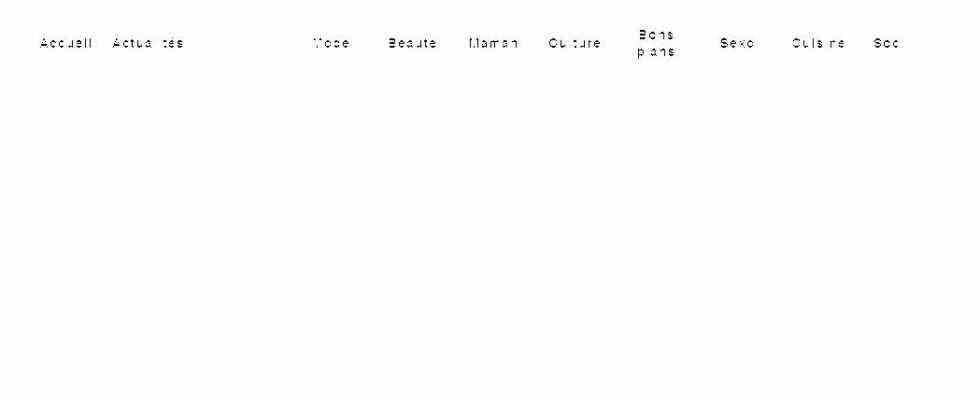In recent days, general public sites have made access to their content conditional on the acceptance of cookies. – AuFeminin screenshot
You may have noticed, some usually free sites have been offering you for a few days to pay to access their content. Watch a trailer on AlloCiné, consult a cooking recipe on Marmiton,
beauty tips on AuFéminin or even discuss on one of the Jeuxvideos.com forums … All this now has a cost.
Since last week, many mainstream sites have made access to their content conditional on the acceptance of cookies, these small trackers that allow us to track our behavior on the Web in order to send us targeted advertising.
Hello @CNIL 👋🏽
Therefore @allocin has the right to charge us for browsing without using our personal data on their site? #I ask pic.twitter.com/JrQgChprV2– Laloo (@ lalou563) April 9, 2021
Cookies … or euros
“Express your choices. Access the site for 2 euros including tax for a month without advertising cookies or access the site for free by accepting cookies ”, can we now read when we arrive on the AlloCiné site. The dilemma is the same on the other Webedia group sites including Jeuxvideo.com, the Overblog platform, Pure People or the 750g recipe site.
Same type of message also on Marmiton, or the AuFéminin site: “You have chosen to refuse cookies, in particular those concerning personalized advertising and audience measurement. In the absence of advertising revenue, access to content is chargeable ”, it is indicated to users.
Is this a joke !? 🍪 😰 pic.twitter.com/nlGTXrM9BL
– Marie (@mariedehayes) April 4, 2021
A legal practice?
This change is the consequence of a new regulation on the protection of personal data (RGPD), implemented by the National Commission for Informatics and Freedom (Cnil). Since April 1, French sites have been forced to display a clearly visible button that allows Internet users to refuse these cookies, failing which they risk a fine. France is “among the first in Europe to set a very clear framework”, thus welcomed Marie-Laure Denis, president of the CNIL.
Untargeted advertising earns about half as much as targeted advertising, explain most professionals today. This is the reason why some sites have set up these paid subscriptions in an attempt to compensate for the shortfall. But on social networks, many Internet users have deplored this practice, even wondering about the legality of the process.
The CNIL considered that this choice, requested from Internet users, was not respectful of the GDPR, and tried to have this practice banned, but it was retoked by the Council of State last June. The process is therefore completely legal. The organization however specified that it would remain very attentive to the establishment of satisfactory alternatives to the refusal of advertising tracers, promising to examine the situations on a case by case basis. The number of general public sites offering paid access without cookies could in any case, in the coming days, multiply …

